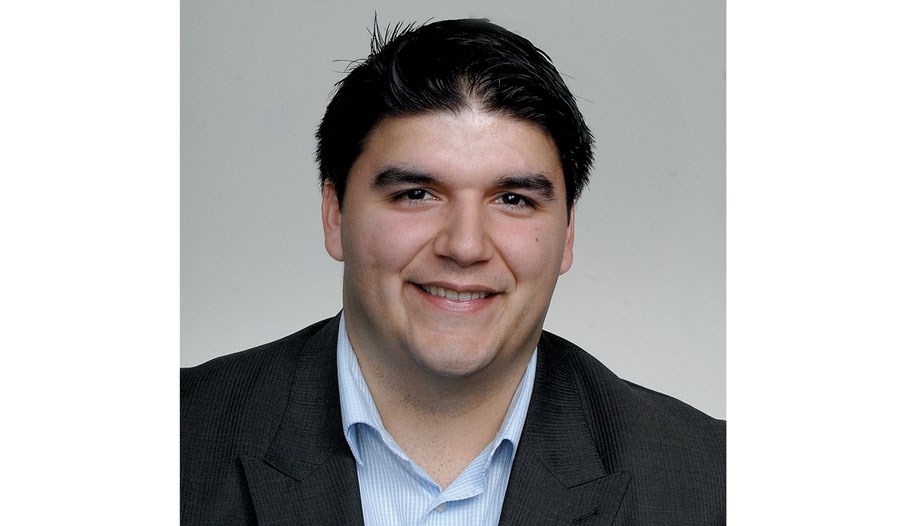At a party some time ago, a friend of mine asked me why governments can't seem to plan ahead anymore. From entitlements for citizens to subsidies for businesses, she argued, our whole country is in a state of mass delusion about what our budgets can sustain. While we were talking, I happened to remember I owed her $15 for lunch from the week before, but only had $10 on me; I told her that she could have $10 now as payment or wait for the full amount later. She opted for the $10 now, inadvertently answering the question at hand.
To be clear, I don't believe that the majority of our species is too stupid or impatient to be trusted to plan ahead - that kind of talk is for socialists, marxists, and Dawkins enthusiasts. But I will concede that patience is called a virtue for a reason. From putting more weight on our bellies to more debt on our credit cards, our species clearly has a penchant for instant gratification and putting off hard work.
But, why does this happen in government? Aren't our politicians above all that? After all, our members and ministers have handsome salaries, large expense accounts, and wonderful pensions; thus endowed, shouldn't these representatives be capable of resisting the whims of misinformed popular opinion or the implementation of near-sighted policy? Sadly, not really.
An old political parable tells the story of a group of hunters tracking an elk. To capture and kill the elk will require everyone's cooperation with the reward of food for every hunter and his family. As the hunters wait, a rabbit appears on the elk's trail. If any hunter jumps for the rabbit, the elk will hear the commotion and bolt. Obviously, cooperation is the best option, but the trade-off is a guaranteed meal for oneself and one's family within arm's reach. If you were one of the hunters, what would you do?
This is the dilemma that faces politicians and their advisors everyday. Thousands of opportunities for mediocre policies, statements, and reactive posturing occur throughout the year, and it takes a great deal of personal integrity to stay true to sustainable budgets, honest words, and meaningful changes. Furthermore, every time a politician or party passes up even an obvious "rabbit" they run the risk of the other party snagging it heartily, and spinning the situation to make it look like a great move on their part or a missed opportunity for the government.
In an ideal world, all members of our governing structure - politicians, staffers, lobbyists, the media, and the public - would recognize a rabbit when they saw one, and acknowledge that to promote such a short sighted or biased policy would be a detriment to the political discourse and activity of the nation.
But in a world of spin and distortion such as ours, no bad idea goes unrewarded. Instead of waiting patiently and working toward the elusive goal of a better democracy, often our entire political apparatus is twisted into new alliances based on "the enemy of my enemy is my friend." Policies, subsidies, and special privileges that have no business in a free and democratic society are promulgated even by good people who fear giving up an inch of ground to their competitors.
Thus, our analogy of the hunters often concludes with a scene of violent competition between all of them over a less than satisfying prize, while the elk calmly walks deeper into the forest. Clearly, our political actors could do better, for themselves and their constituents. But that requires a political scenario where voters demand the very best from their politicians, not simply instant gratification for themselves and posturing that keeps the other party down.



